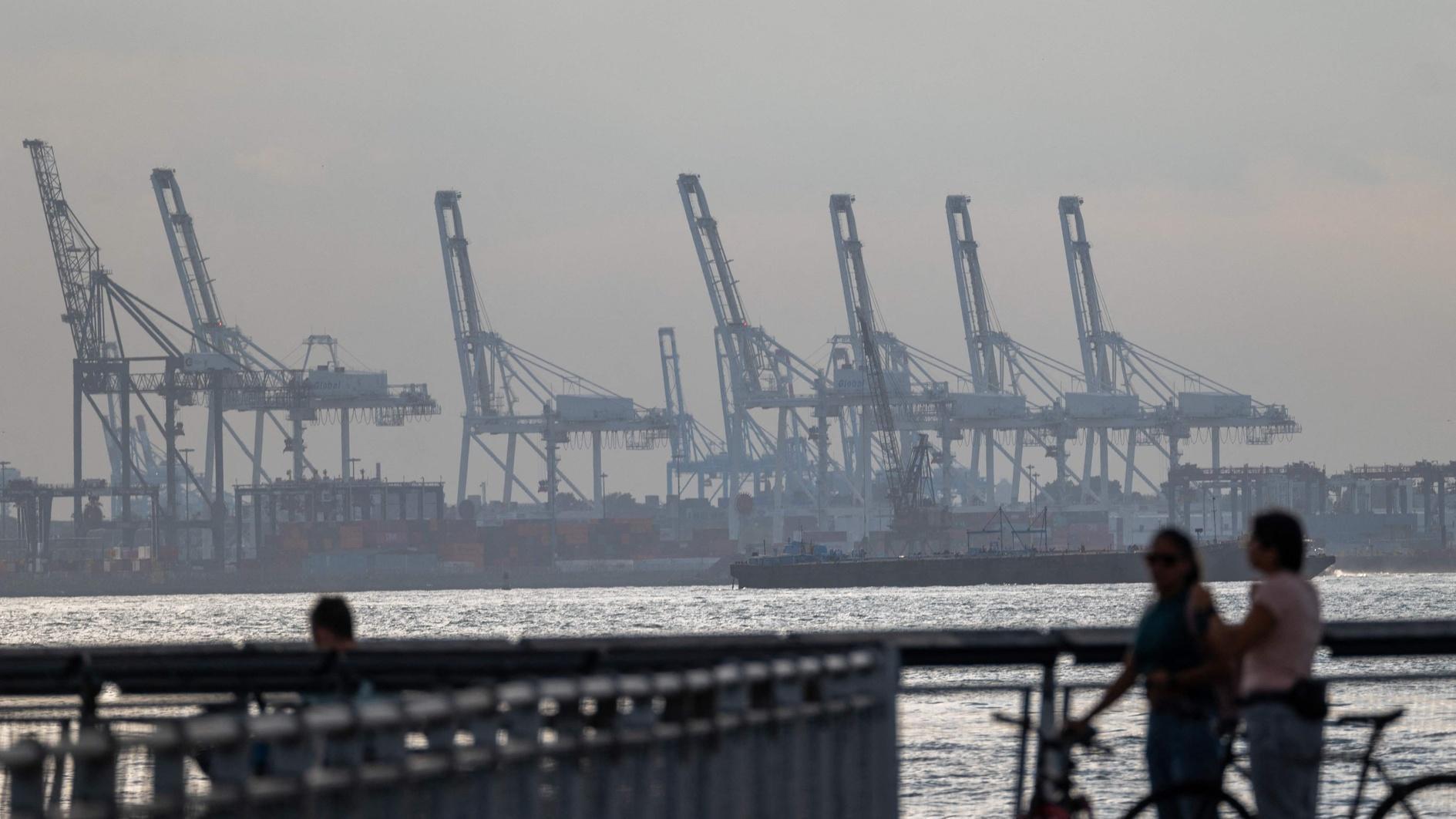
Dockworkers at major ports along the U.S. East and Gulf Coasts began walking off the job Tuesday after last-minute negotiations yielded no new labor contract, a stoppage expected to drag on the world's largest economy just ahead of the November presidential election.
The International Longshoremen's Association (ILA) said the walkout by its workers marks the first "coast-wide strike in almost 50 years".
The shutdown would halt shipments of an array of goods from food to electronics and could cost the U.S. economy billions of dollars a week.
"We are prepared to fight as long as necessary, to stay out on strike for whatever period of time it takes, to get the wages and protections against automation our ILA members deserve," Harold Daggett, who heads the 85,000-member union, said in a statement.
The ILA said it had shut down all ports from Maine to Texas after it rejected a final proposal from the United States Maritime Alliance (USMX) shipping group.
A possible stoppage had been telegraphed for months, with the odds rising in recent weeks as the two sides described themselves as far apart, with no sign of real progress.
The walkout marks the ILA's first since 1977 and follows other high-profile strikes at U.S. automakers, Boeing and other employers.
The contract directly affects about 25,000 ILA members at 14 large U.S. ports, including New York/New Jersey, Boston, Philadelphia, Savannah, New Orleans and Houston.
While the economic hit of the stoppage will depend on its length, analysts said a long strike could significantly drag on the U.S. economy, potentially adding to inflation after recent progress.
A lengthy strike could also pose political challenges.
U.S. President Joe Biden, a close ally of organized labor, has so far ruled out federal intervention, citing the need to respect collective bargaining rights.
But business lobbies are sure to amplify calls for action if the strike drags out.
The union is pressing for protections against automation-related job loss and for hefty wage hikes after dockworkers kept providing essential services throughout the pandemic.
Media reports say the ILA is asking for a 77 percent wage increase over six years.
Oxford Economics estimated that the strike would dent U.S. gross domestic product by $4.5 billion to $7.5 billion per week.
The overall economic hit depends on the length of the strike, analysts say.
"A port strike would paralyze U.S. trade and raise prices at a time when consumers and businesses are starting to feel relief from inflation," said Erin McLaughlin, senior economist at the Conference Board.
"There's no easy Plan B. While shippers have already begun diverting some cargo to the West Coast, capacity for such alternative options are limited."